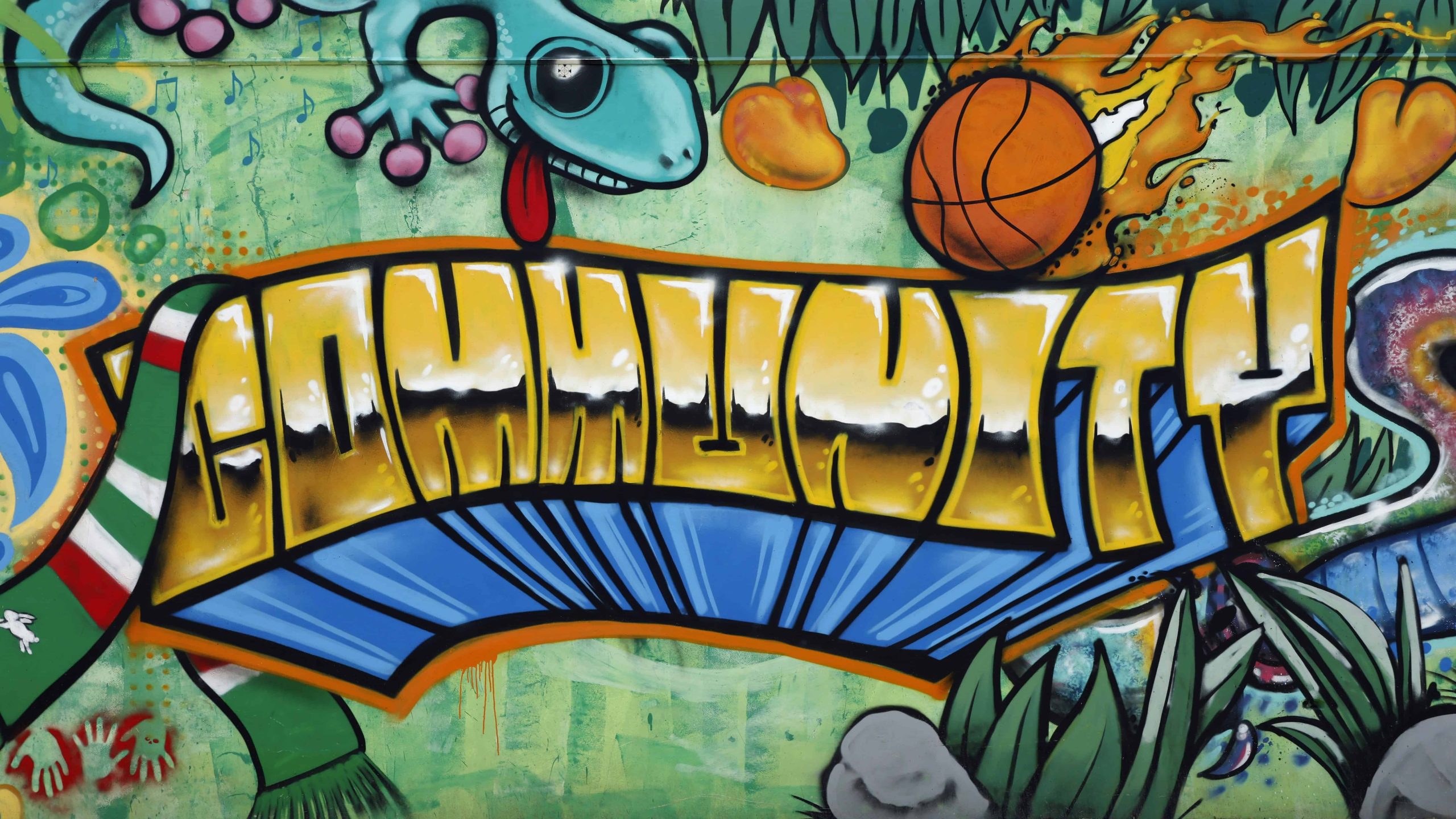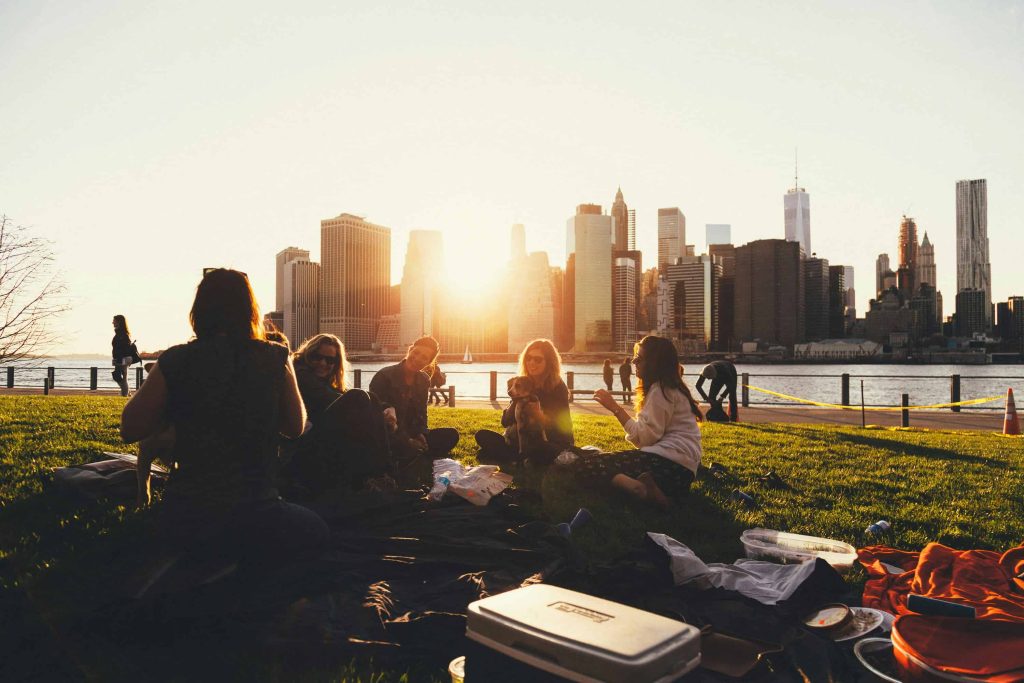
07 Oct Partnerships and Collaborations in Art Communities in 2024
The Power of Collaboration: Boosting Art Communities Through Partnerships
Art communities are vibrant ecosystems where artists, curators, galleries, and various art enthusiasts come together to share their passion and creativity. These communities are significant as they not only foster the growth of individual artists but also enhance cultural expression and innovation. Within these communities, partnerships and collaborations play a crucial role in driving forward artistic endeavors. This article explores the myriad benefits of such partnerships and collaborations and underscores their importance in the art world.

Benefits of Partnerships and Collaborations
Increased Visibility and Exposure
One of the primary benefits of partnerships and collaborations in art communities is the increased visibility and exposure they bring to the involved parties.
- Sharing Resources and Networks for Wider Audiences: When artists and organizations collaborate, they combine their respective audiences, expanding their reach significantly. This shared visibility can lead to increased opportunities for exhibitions, sales, and recognition.
- Cross-Promotion Opportunities for Artists and Organizations: Through joint marketing efforts, such as shared social media campaigns, co-hosted events, and collaborative projects, artists and organizations can promote each other, amplifying their presence in the art community and beyond.
Enhanced Creativity and Innovation
Collaborations often lead to a fusion of diverse artistic styles and disciplines, fostering fertile ground for creativity and innovation.
- Merging Artistic Styles and Disciplines for Fresh Perspectives: When artists from different backgrounds and disciplines come together, they bring unique perspectives and techniques. This amalgamation can result in innovative artworks that push the boundaries of conventional art forms.
- Fostering an Environment of Experimentation and Learning: Collaborative projects encourage artists to step out of their comfort zones, experiment with new methods, and learn from their peers. This environment of continuous learning and experimentation is vital for artistic growth.
Resource Sharing and Sustainability
Collaborations can also lead to more efficient use of resources and contribute to the sustainability of art communities.
- Combining Resources (Physical Space, Materials, and Funding) for Larger Projects: By pooling resources, artists and organizations can undertake more ambitious projects that might be beyond their individual capacities. Shared studio spaces, joint funding applications, and collaborative use of materials are just a few examples of how resources can be effectively utilized.
- Creating a More Sustainable Ecosystem for Artists and Organizations: Partnerships can foster a more resilient art community where resources are used judiciously and sustainably. This collaborative approach helps in mitigating financial and logistical challenges, ensuring the longevity and health of the art community.
Community Building and Engagement
Collaborations are pivotal in building a sense of community and fostering engagement among artists and the public.
- Joint Events and Programs to Connect Artists with the Public: Collaborative events such as art fairs, workshops, and exhibitions provide platforms for artists to engage with a broader audience. These events also offer the public an opportunity to interact with artists and gain deeper insights into their work.
- Encouraging Dialogue and Interaction within the Art Community: Partnerships can facilitate dialogue and exchange of ideas within the art community. This interaction not only enriches the artistic process but also strengthens the bonds among community members, creating a supportive and cohesive environment.

Conclusion
In conclusion, partnerships and collaborations are integral to the growth and vibrancy of art communities. They enhance visibility, spur creativity, optimize resources, and foster community engagement. While collaborations come with their own set of challenges, such as differences in vision and logistical issues, these can be navigated through clear communication and mutual respect. Embracing partnerships and collaborations is essential for a thriving art world, and it is a call to action for artists and organizations to actively seek and nurture these collaborative opportunities. By doing so, they can contribute to a more dynamic, innovative, and sustainable art community.
Key Takeaways
Increased Visibility and Exposure |
|
Enhanced Creativity and Innovation |
|
Resource Sharing and Sustainability |
|
Community Building and Engagement |
|
Challenges and Solutions |
|
FAQs
Why are partnerships and collaborations important in art communities?
Partnerships and collaborations in art communities are crucial because they enhance visibility, spur creativity, optimize resources, and foster community engagement. These collaborations drive artistic growth, innovation, and sustainability by combining diverse talents and resources.
How do partnerships increase visibility and exposure for artists and organizations?
Partnerships increase visibility by combining audiences and leveraging joint marketing efforts. Shared resources such as social media campaigns and co-hosted events allow artists and organizations to reach wider audiences, leading to more opportunities for exhibitions, sales, and recognition.
What role do collaborations play in fostering creativity and innovation?
Collaborations merge diverse artistic styles and disciplines, creating fresh perspectives and innovative artworks. They encourage experimentation and continuous learning, pushing artists to step out of their comfort zones and learn from peers, which is vital for artistic growth and innovation.
Elevate your online art presence with expert tips on photographing artworks, helping you attract more viewers and potential buyers through captivating visuals.

